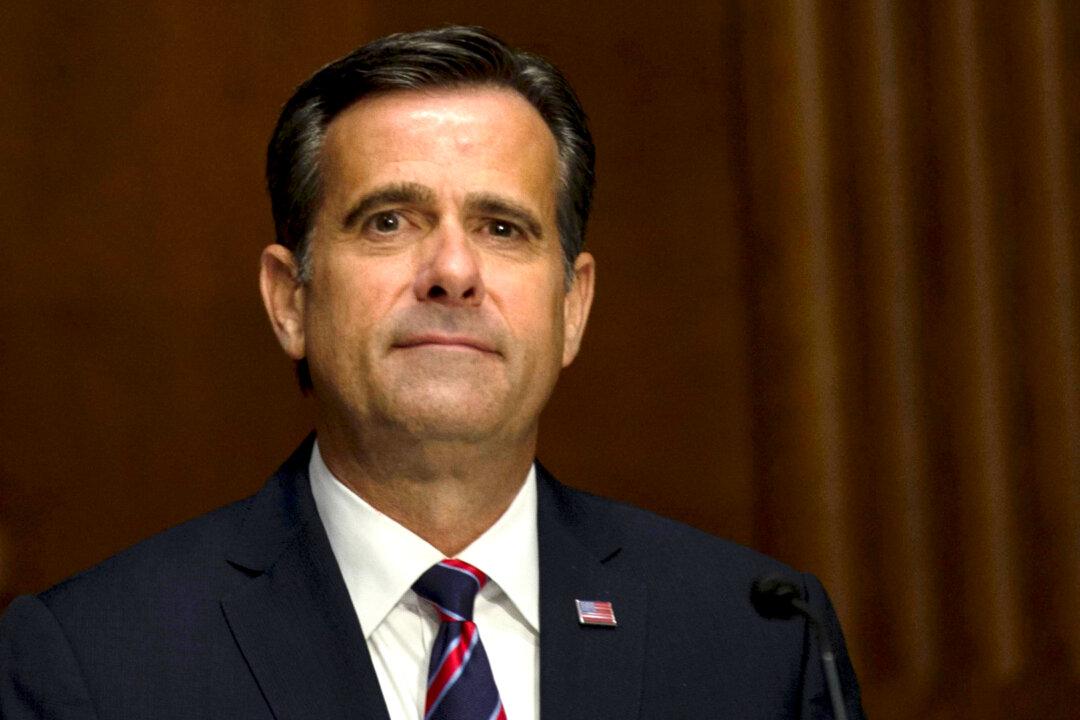The Office of the Director of National Intelligence (ODNI) announced late Wednesday that Director John Ratcliffe has been notified that the intelligence community will not be meeting the Dec. 18 deadline set by an executive order to report on foreign threats during the November election as “agencies have not finished coordinating on the product.”
“This afternoon the DNI was notified by career intelligence officials that the Intelligence Community will not meet the Dec. 18 deadline, set by executive order and Congress to submit the IC’s classified assessment on foreign threats to the 2020 U.S. elections,” Amanda Schoch, a spokeswoman for the office, said in a statement.




